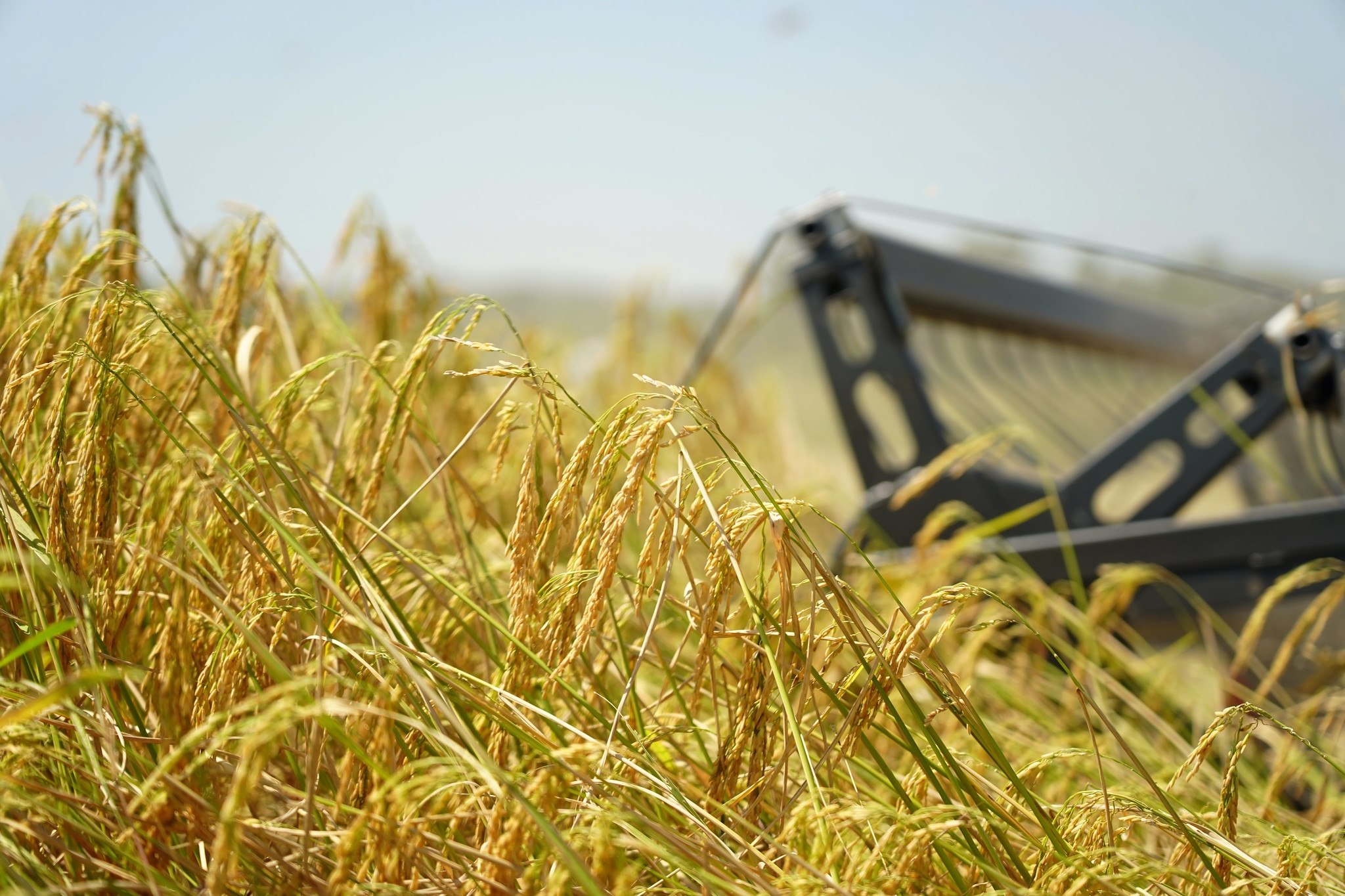
This regional project aims to increase seed trade and market access for the Asia-Pacific region by increasing the capacity of national plant protection organizations (NPPOs) to meet relevant phytosanitary standards.
Access to healthy and high-performing seeds is a precursor to a high yielding agricultural economy and contributes to food security. International seed trade has increased tenfold during the past 15-20 years. Many countries have benefitted by positioning themselves as global or regional seed production hubs, while others, for various reasons, have become dependent on seed imports.
Seed trade is assuming greater significance in the Asia-pacific region. It constitutes about 14% of the global seed trade. However, there are several phytosanitary concerns that affect the safe seed trade of developing countries. These include incomplete pest lists (e.g. not updated for seed-transmitted pests) affecting the Pest Risk Analysis (PRA) process, lack of compliance with international standards (e.g. ISPM-38 International Movement of Seeds) and lack of collaboration among NPPOs and with the private sector, among others.
This project was developed through an STDF PPG (approved in October 2020) implemented by the Asia-Pacific Association of Agricultural Research Institutions (APAARI).
The project has five main expected results:
1. To identify NPPOs' specific needs related to existing infrastructure and capabilities.
2. To create and maintain a portal of regional phytosanitary certification requirements for seed exports/imports, accessible by NPPOs and the private sector.
3. To build NPPOs' knowledge of relevant International Standards for Phytosanitary Measures (ISPMs).
4. To facilitate implementation of the ePhyto solution in the region.
5. To strengthen public-public and public-private partnerships.